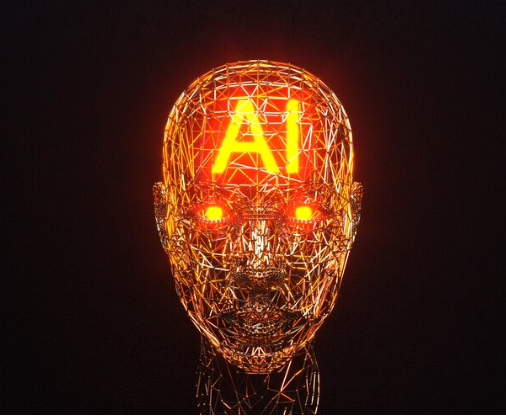Unlike the ones that came before it, this one does more than just copy; it also captures subtle things like cadence and inflection. In a recent demonstration, it was challenging for viewers to distinguish between AI-generated speech and actual human voices.
OpenAI, the company that started ChatGPT, has been making revolutionary strides in AI with its newest creation, the “Voice Engine.” The new, cutting-edge text-to-speech model can amazingly copy human sounds with startling accuracy. It will be used within 15 seconds of audio recordings being fed into it.
Released less quickly because of worries about Deepfake
Initially, as planned by a release, OpenAI decided to limit the rollout of Voice Engine after getting feedback from lawmakers, industry experts, educators, and creatives, among others. The company knew that making a speech that sounded like people’s words came with many risks, especially in sensitive situations like elections.
More advanced features and effects
In contrast to earlier AI-generated audio content, Voice Engine will do more than just copy, it will also capture individual details like intonation and rhythm. During a demonstration, people couldn’t tell the difference between the speech created by AI and real human voices. But OpenAI stresses the need to be careful because this kind of technology could be abused.
Uses and ties in the real world
The Voice Engine is being considered by OpenAI’s partners for a variety of applications, including helping patients regain their voices and enhancing multilingual audio content for businesses like Spotify. The audio can be smoothly translated into different languages with this tool. This opens up new opportunities for translating educational material and podcasts.
Safety precautions and moral concerns
To stop people from abusing its services, OpenAI has made its partners follow strict rules for usage, such as getting permission from the original speaker and telling listeners about AI-generated material. The company is also looking into ways to spot music that was made by AI and is pushing for society as a whole to be more resistant to misleading AI technologies.
Getting ready
As OpenAI asks for feedback and thinks about what Voice Engine means in a wider sense, it shows how important it is for people to know about and learn about AI-driven content. The company also wants proactive steps to be taken to deal with the problems that advanced AI technologies cause, such as getting rid of voice authentication in private areas over time.






Leave a Reply